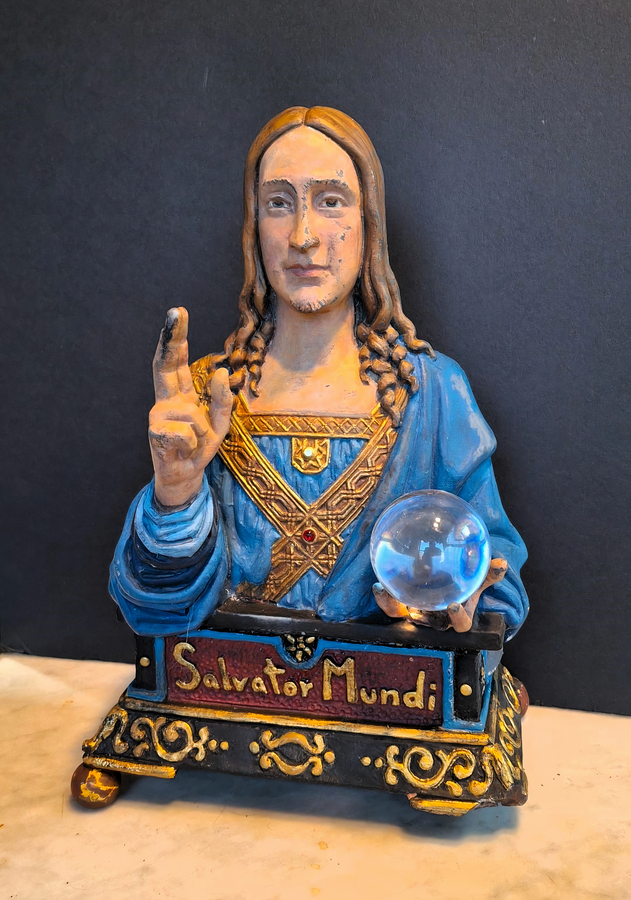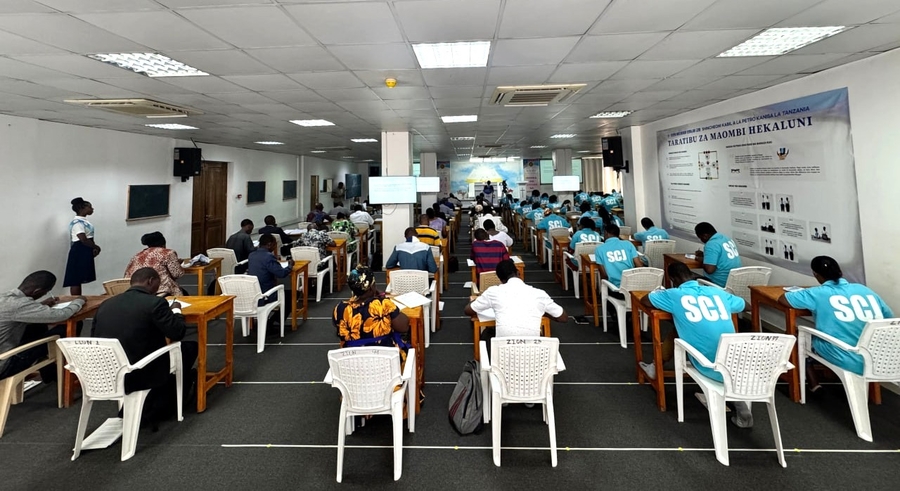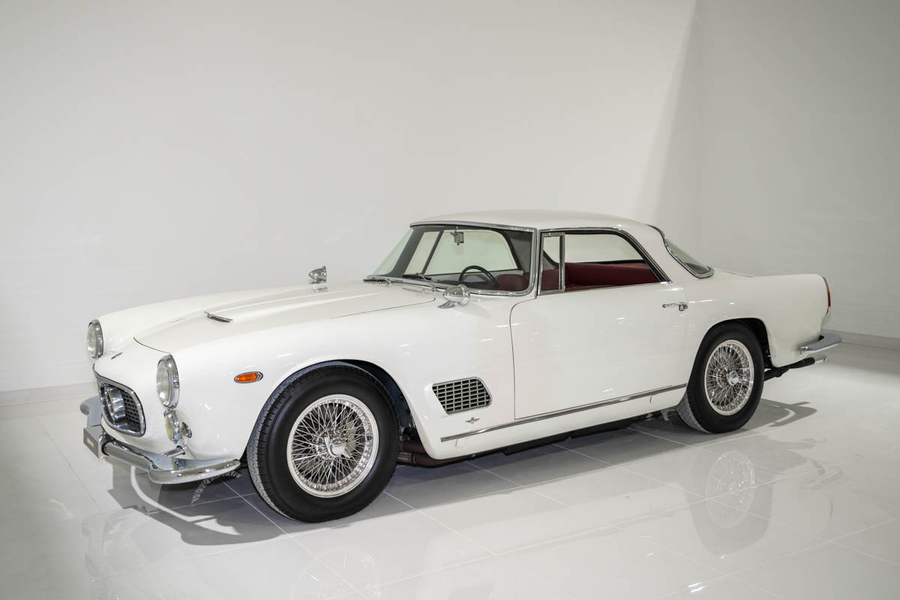A mechanical antique metal bank purchased at this year’s Ponchatoula, LA’s annual Antique day sheds new questions on the origins and story of the world’s most expensive work of art, the “Salvator Mundi” painting presumed to be by Leonardo Da Vinci.
LAFAYETTE, LA, March 31, 2024 /24-7PressRelease/ — Each year thousands journey to Ponchatoula, Louisiana for the annual Antique Trade Days Arts and Craft Fair. The outdoor festival takes place in the historic district at the heart of “America’s Antique City” and is sponsored by Ponchatoula’s Chamber of Commerce. This year’s 18th edition, held earlier in March, saw over 150 vendors selling antiques, collectibles, arts and crafts, along with a wide array of delicious foods and treats.
Despite the rainy first couple of days, this year’s event saw one of the largest crowds ever from all around the South, including Beatrice Collins who’s been traveling from Baton Rouge to Ponchatoula’s festival for the past 11 years. Over the years, Beatrice has been lucky to find some nice items at the festival to add to her collection of religious antiques and whimsical vintage ceramic frogs.
However, this year Ms. Collins may have come upon every antique collector’s dream. When she returned home and unwrapped her purchases to show her sister, Alice, it uncovered what could be a major new twist to one of the greatest art world stories of our time. Beatrice explained “When Alice saw the mechanical bank of Jesus, her face lit-up. She took art history classes in college, so she told me the story of the Salvator Mundi painting“. In 2005 an unknown painting titled Salvator Mundi was first sold in New Orleans for only $1100. It then became thought to be a long-lost Leonardo da Vinci original and eventually resold in 2017 for just over $450 million, making it the world’s most expensive work of art ever. Beatrice adds “I just thought it was neat but needed a little love. I don’t even remember which booth I bought it at. It was pretty damaged and wasn’t working, so I took it to my cousin Willie. He can fix anything” Sure enough, Willie Williams, an auto mechanic for over 30 years, was able to replace a broken spring and got it to work.
The strange mechanical bank appears to be like those commonly seen in antiques from 1870 to around 1910. When a coin is placed in the figure’s left palm and the lever in back is pressed, Jesus’s right arm makes a blessing motion while the coin drops into the base of the bank. The orb was missing when Ms. Collins purchased the piece, but she has since replaced it with a plastic copy.
Friends of Ms. Collins and fellow collectors have been trying to find out more about the Salvator Mundi bank, but still a lot of questions remain. Was the bank made with knowledge of the painting? How did it get to the same region of the country where the painting was first discovered in 2005? It is generally believed the Salvator Mundi painting didn’t arrive in Louisiana until 1958 when it was bought at a Sotheby’s auction in London by a collector, Warren Kuntz, from New Orleans. The painting entered the collection in London around the turn of the 20th century. Is that when the bank was manufactured? It certainly would fit with other mechanical banks of that time and style. Was it manufactured in London or elsewhere? Was it part of the same British collection? Or, could it be an early invention by Da Vinci himself, the visionary renaissance genius known for his many inventions, from airplanes to canons, centuries before their time?
Beatrice Collins and her sister continue to do more research on the Salvator Mundi mechanical bank. They are planning a trip to New York City where they hope to meet experts with more knowledge who can help figure out the bank’s history and how much it might be worth. Ms. Collins declined to say what she paid for the item, but admitted it was far less than the $1100 two art dealers paid in 2005 for the Salvator Mundi painting. However, she’s hoping she might become as fortunate and adds “originally, I thought I would replace the bank with my kids swearing jar. Each time they said a curse word, I would have made them put a quarter in Jesus’s hand and press the lever. But, quarters are too big to fit, so I figure for now I’ll just keep it on the shelf with my other purchases from this year’s market”. This includes, Mary and Joseph nativity salt and pepper shakers, a pair of bible candlestick holders, and a ceramic frog prince charming vase with crown and covered with lipstick kisses.
Louisiana Arts Journal is a monthly newsletter service highlighting the best art stories from the rich history of the State of Louisiana. For more information, please email: LousianaArtJournal@yahoo.com
—
For the original version of this press release, please visit 24-7PressRelease.com here














